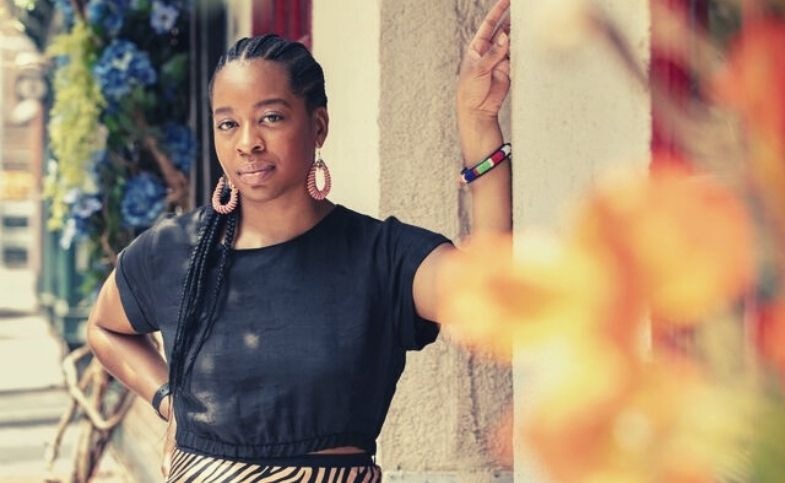When Aaliyah died in a plane crash 10 summers ago, her career was peaking. The acclaim she garnered with the releases of her first two albums had already proven that she had the talent and appeal required of a successful recording artist. She had just released her eponymous third album, which delivered on its promise to demonstrate a continuation of artistic experimentation with a creative team including, but not limited to, tried-and-true collaborators Missy Elliott and Timbaland. The anticipation of this album, and everything that led up to its release, promoted her from R&B Princess to Total Entertainer.
The fact that her third and final album was self-titled is an important detail because it underscores the direction in which her career was going at the time. The new millennium saw Aaliyah coming out of her shell and becoming more comfortable in the public eye. Up until then, dark sunglasses were one of her style’s most recognizable trademarks. Paired with her iconic eye-cloaking hair swoop, this added an air of mystery that made it even more fascinating when she started showing off her famously gorgeous face with increasing regularity. Originally known for her girly-tomboy style – something she described as “street but sweet” – she expanded her style to include things as womanly as cocktail dresses and high heels. All grown up, she no longer simply balanced feminine and masculine fashions; she was balancing stylistic hybridity with classic femininity.
Aaliyah was also broadening her skill set and her marketability by finding success as an actress. She made her silver screen debut co-starring opposite Jet Li in Romeo Must Die, went on to star in Queen of the Damned, and would have appeared in both sequels to The Matrix had she not died tragically after filming the posthumously released videos for “Rock The Boat” and “More Than A Woman.” At the rate she was going, she was well on her way to seamlessly skyrocketing into the crossover superstardom of being both a recording artist and a movie star.
Like predecessors Diana Ross and Tammi Terrell, Aaliyah had a voice that balanced sweet and sexy with minimal effort. It wasn’t the kind of voice that could shake a cathedral, but it emoted well and had excellent range (listen to “The One I Gave My Heart To” again if you think these are lies). She remains unique in that her star power came, not just from her talent and beauty, but also from staying humble, continuing to challenge herself creatively, and having a down-to-earth personality that made her relatable to everyday people. Keeping her private life private and ever cautious with her public image, she maintained a classy, graceful demeanor that, although guarded at times, always felt grounded and genuine. She was the kind of celebrity that you had to be a hater not to like.
Although Aaliyah’s physical presence is still deeply missed, her spirit endures through the influence she continues to have on artists she preceded, and through the timelessness of her own music.












